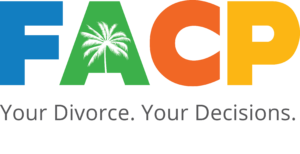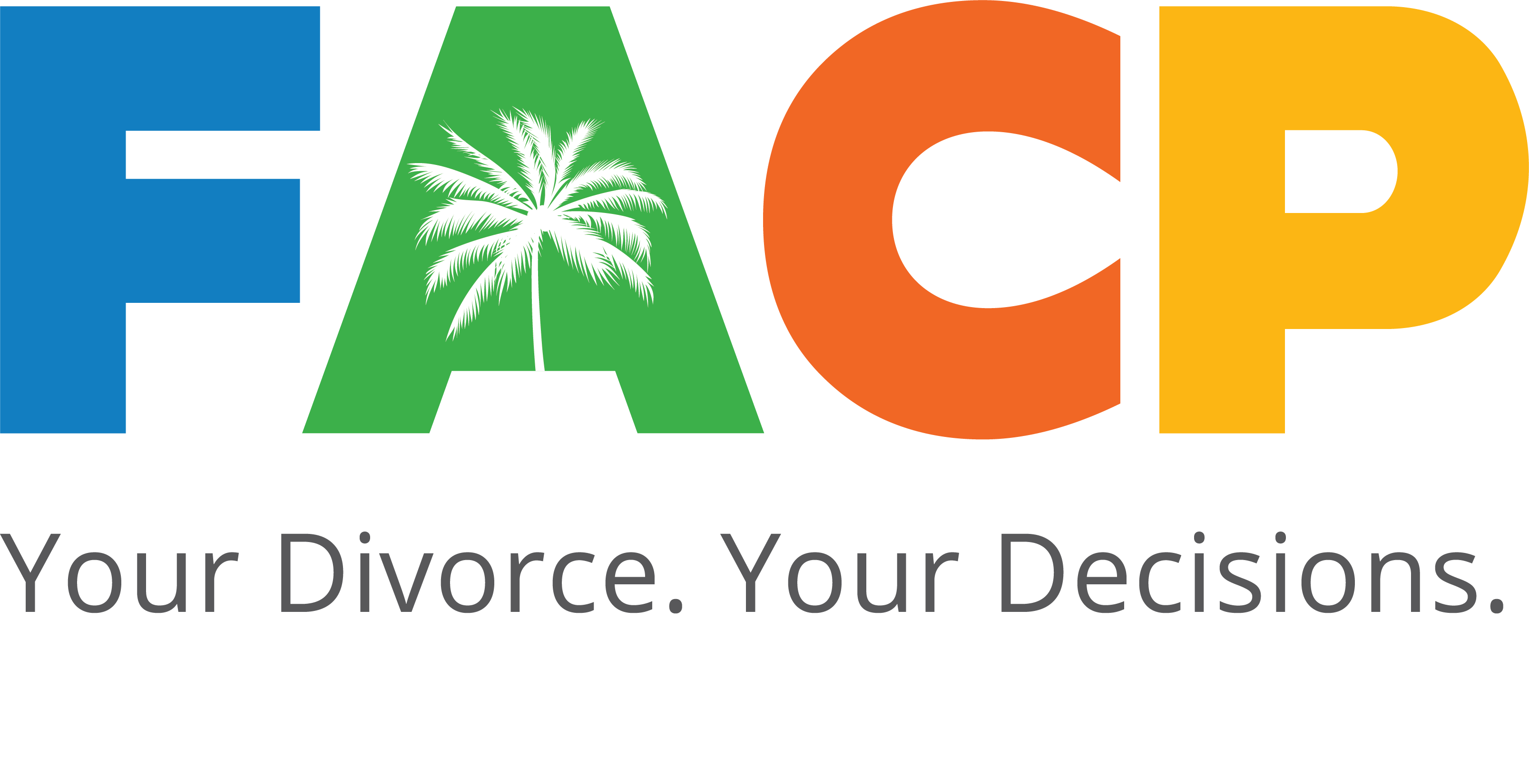Colleagues often ask, “How do you get Collaborative cases?” I tell them, “It starts when you pick up the phone.
The First Call: Listening
When I pick up the phone to consult with a potential new client (PNC), first I ask, “What can I do to help you?” Then they tell me their story. I want to understand what’s happened in their life and what brought them to calling me for help. So, I listen. Even though they called to get my professional advice, they first need to trust me. So, by taking time to listen to their story, a relationship built on trust and caring begins.
Listening has always been my style as a family law attorney, but I give Pauline H. Tesler credit for teaching and confirming this is how to promote and become a Collaborative law professional. Thanks to Choose Collaborative, the South Palm Beach County Collaborative Law Group, Ms. Tesler came to Palm Beach County to speak. I became a fan after reading her book, Collaborative Law, Achieving Effective Resolution in Divorce without Litigation (first printed in 2001 and now in its third edition printed 2016) from the American Bar Association.
Reaching Agreement: Which Road to Take?
After the PNC tells me their story, they usually ask, “Can you help me?” I explain, “It’s all about reaching an agreement. There are several ways to reach an agreement. But, if you can’t, the judge will decide everything for you.”
Litigation – Letting the Judge Decide
Sometimes the PNC will tell me, “Great! Let the judge decide everything.” I explain judges are limited on matters they can rule on and, in such matters, on decisions they can make. In a “court of equity” what the judge will rule or decide is unpredictable. Further, the judge may make a mistake. This concept shocks the PNC. After watching Divorce Court on TV, everything seemed to the PNC so straightforward and quick. They may say they weren’t even sure an attorney was necessary, but, in an abundance of caution, they were calling me. Plus, they were hoping I’d take care of all of the paperwork.
So, for the PNC, the central question becomes, “How can I reach an agreement?”
I ask, “Have you two talked about how you’d like to resolve matters?” Sometimes the PNC answers, “Yes, we’ve talked and figured out most everything.” But sometimes the PNC answers, “No, we can’t talk about anything – that’s why I called you.”
Mediation – Gathering Information
They may then ask, “What happens at mediation? Does that work?” I explain, “Yes, mediation works. But we first need to gather the information needed to make decisions and have it ready to share at the mediation.” The PNC will ask, “How will we know what to gather and what we’ll need?” I explain the discovery process wherein parties make formal written requests asking for most everything and then the attorneys review the responses received. Kind of like fishing, where we cast a big net. The PNC usually says, “That sounds expensive.” Or, “How much is that going to cost?” A PNC might even ask, “Why can’t we or you just talk to the other side and figure out which documents we need?”
Collaborative Process: Neutral Professionals on the Team
Neutral Mental Health Professional
The PNC asks again, “How can I reach an agreement?” I then explain the Collaborative law process. Specifically, I say we use a neutral Mental Health Professional (MHP) as the facilitator, who is also trained as a mediator. By using an MHP, communication between the couple and the professionals stays cool and levelheaded. The MHP usually takes notes and prepares meeting notes and an agenda for everyone on the collaborative team to review, so we stay on task. Plus, there is an added bonus in using an MHP, because they help prepare the Parenting Plan. Using an MHP makes the process smoother and less expensive than having attorneys draft a proposed Parenting Plan(s) and exchange redlined versions.
Neutral Financial Professional
The PNC is happy to hear about using an MHP in the Collaborative law process. The PNC then asks, “What about the financial documents? How do we know what to gather if we aren’t filing formal discovery requests?” I happily explain we will use a neutral Financial Professional (FP) to help identify and gather financial documents needed. The FP will meet and discuss with the couple and their attorneys the financial issues, and the Professional Team with figure out which financial documents are needed along with figuring out how best to gather them. The FP will then organize and make sense of the financial documents. There won’t be casting a fishing net. Instead, only the documents needed to resolve the matters will be gathered.
I’d Never Heard About Collaborative
“This sounds amazing!” says the PNC. “How come I’ve never heard of the Collaborative Law Process before?! You’re not the first attorney I’ve talked to about my divorce.” I reply, “I’m sorry to hear nobody has told you about the Collaborative Law Process.”
Listening to the PNC in the first phone call develops initial trust. The PNC and lawyer can then discuss options for reaching agreement, limitations traditional litigation imposes on people and judges, benefits the collaborative process offers, and the neutral collaborative professionals’ roles in the collaborative process. Once the PNC understands ways to reach agreement, choosing collaborative isn’t a hard sell, but is an attractive option.
Want to build more Collaborative cases? It all starts when you pick up the phone!






